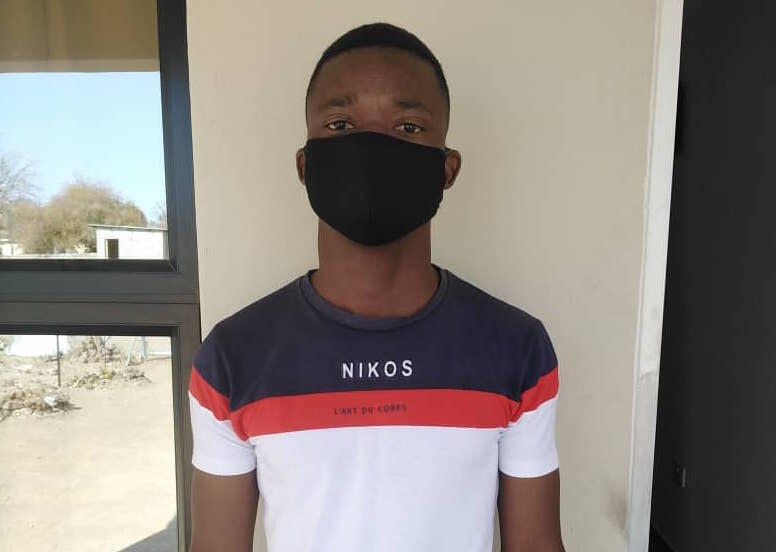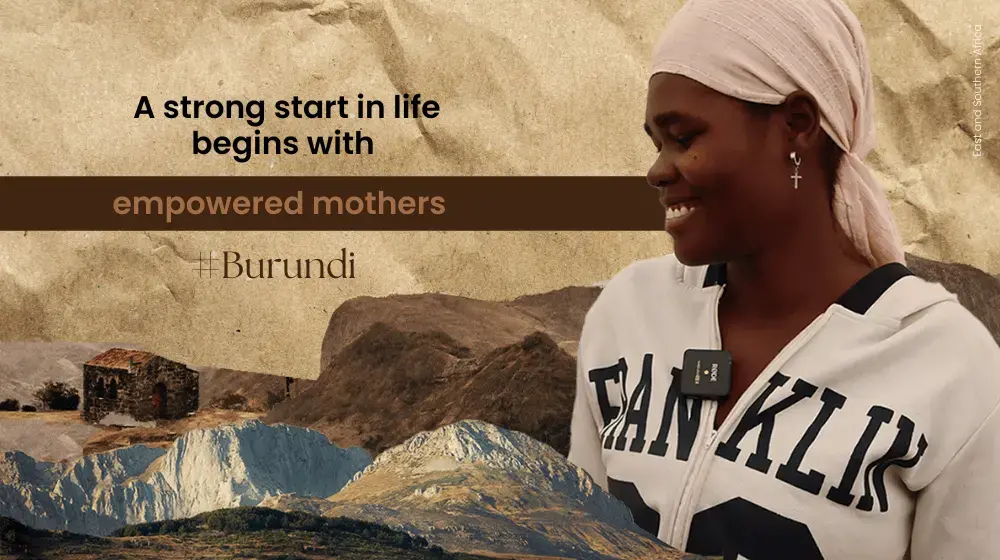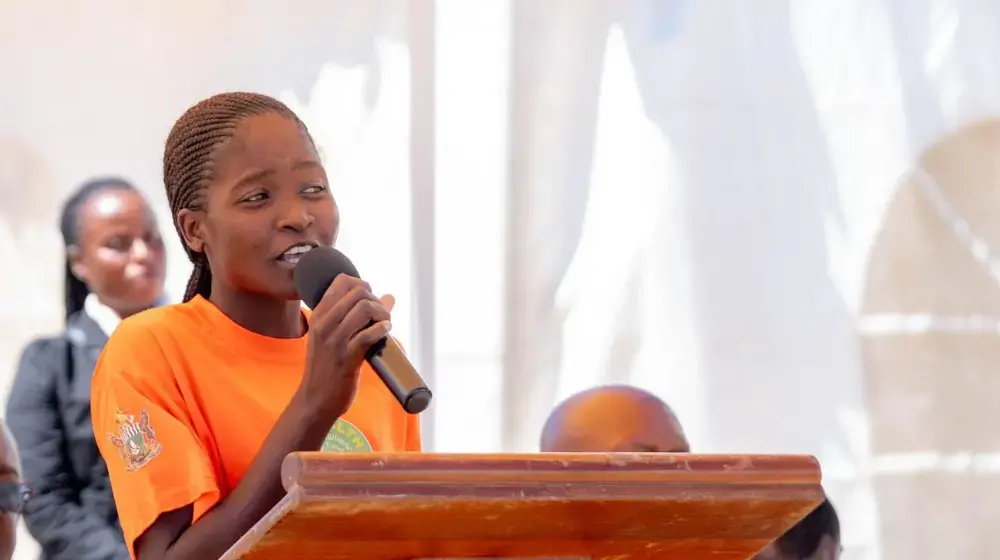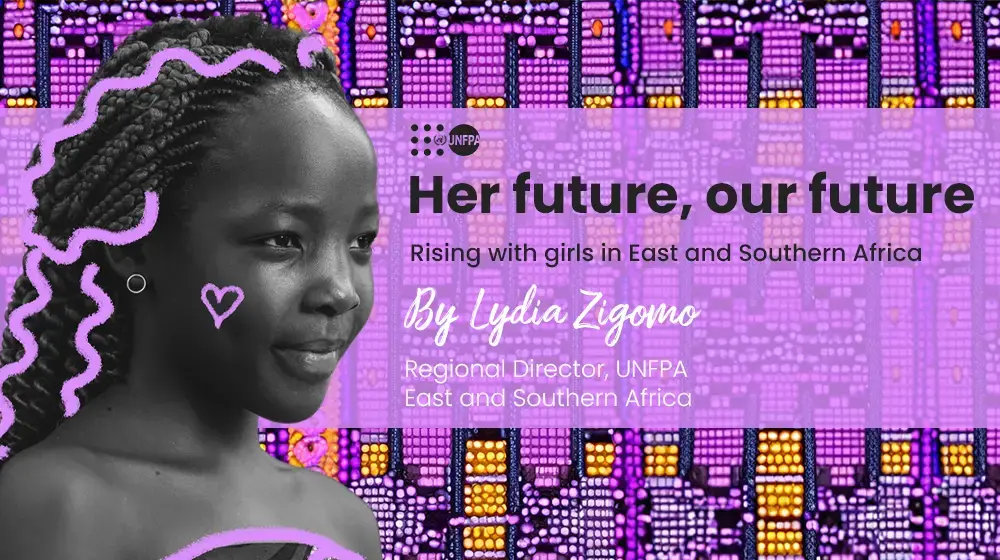Gaborone, Botswana: 23-year-old Trevor Oahile’s lockdown diary
Life under lockdown is very challenging, as we are all trying to adapt to new ways of doing things. As a university student, the lockdown has halted my studies, so I am trying to use this time to do more research and catch up on subjects I have been struggling with. I am getting more tutorials through free online courses and YouTube videos. Of course, this is quite expensive because data here is very costly, especially for us students who live on an allowance.
Factors that have been inhibiting young people from accessing SRH services are the closure of the youth-friendly service centres, scarcity of transport due to the lockdown, and also because of fear of going to the hospitals.
We haven't experienced many health challenges in accessing sexual and reproductive health (SRH) services, but many young people have stopped going to the health facilities to access these services because, due to measures introduced, it takes a very long time to get services and we are [too] impatient to stay in lines all day. Other factors that have been inhibiting young people from accessing SRH services are the closure of the youth-friendly service centres, scarcity of transport due to the lockdown, and also because of the current general fear of going to the hospitals.
Empowering young people with information
Through the UNFPA-supported radio show Don't Get it Twisted, which I co-host every Wednesday on Yarona FM, a youthful radio station, I share information with young people on how they can protect themselves, protect others and contribute to the fight against COVID-19.
I also sensitize them on sexual and reproductive health issues, like the importance of continuing to use contraception during the lockdown to avert transmission of sexually transmitted infections (STIs) including HIV, and unintended pregnancies, where to access SRH commodities, and how to take care of their mental health during these challenging times.
Since Botswana registered quite a big increase in gender-based violence cases during the lockdown, we have been sharing information on where to report GBV, and [how to find] shelters.
Since Botswana registered quite a big increase in gender-based violence (GBV) cases during the lockdown, we have also been sharing information on where to report GBV, [how to find] shelters in case a GBV survivor wants a safe space, numbers to call for psychosocial support and information to sensitize men and boys on fighting GBV.
My advice to other young people is to continue accessing SRH services and using contraception, to avoid contracting sexually transmitted diseases and unintended pregnancies. I also urge young people to take the coronavirus seriously and to continue observing the lockdown protocols and follow the health regulations.
About the #YouthAndCOVID19 Series
UNFPA East and Southern Africa Regional Office, through its flagship programme for youth, the Safeguard Young People programme, has been engaging with young people in the region to find out how they are coping with the current COVID-19 pandemic. The aim of the project is to share best practices among youth and to expose them to the many interventions and responses to COVID-19 that UNFPA and its partners have put in place during this time.
To share your story, click here.





